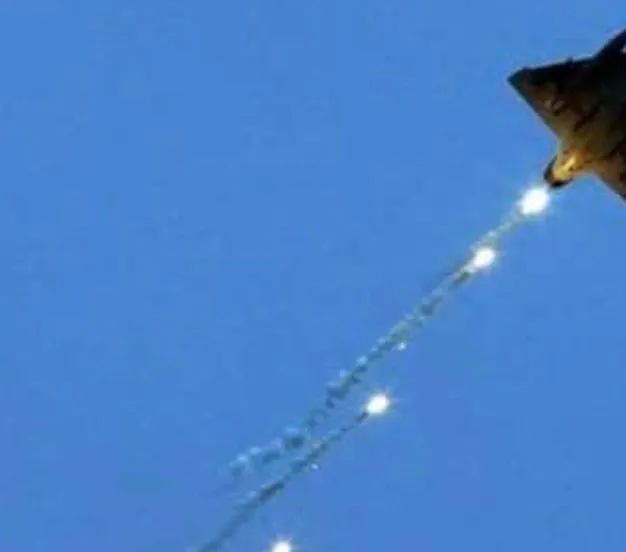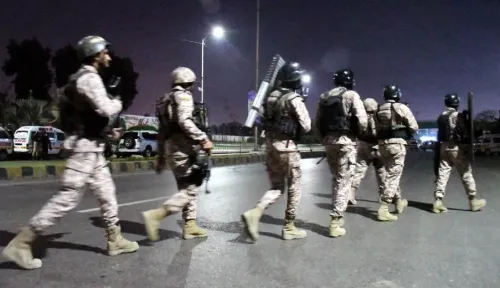Did Iraq Just Accuse Israel of Violating Its Airspace During Iranian Strikes?

Synopsis
Key Takeaways
- Iraq lodged a formal complaint against Israel for airspace violations.
- The closure of Iraqi airspace followed Israel's military actions.
- The Israeli military targeted sites related to Iran's nuclear program.
- High-ranking Iranian officials were reportedly killed in the strikes.
- International reactions are crucial for regional stability.
Baghdad, June 13 (NationPress) - On Friday, Iraq officially lodged a complaint with the United Nations Security Council, denouncing Israel for infringing upon its airspace to execute military operations in the region, as stated by the Foreign Ministry.
The ministry emphasized that Israel's actions represent a serious violation of Iraq's sovereignty and contravene both international law and the UN Charter.
Iraq urged the Security Council to take immediate action to prevent Israel from repeating such violations and to safeguard Iraq's sovereignty and territorial integrity, as reported by the Xinhua news agency. Earlier, Israel had carried out a preemptive strike on Iran. In reaction, Iraq's Ministry of Transport announced the closure of its airspace and the suspension of all air traffic at airports nationwide.
The Israel Defence Forces (IDF) confirmed on Friday that they had initiated a preemptive and precise strike on numerous military sites throughout Iran, including those associated with Tehran's nuclear program.
The IDF stated that the operation was based on intelligence gathered by its Intelligence Directorate. Among the targeted sites was a location in western Iran where a unique launch mechanism had been hidden within containers.
The military emphasized that the attacks were part of ongoing efforts to neutralize missile threats amid a multi-front conflict, highlighting that Iran had launched hundreds of surface-to-surface missiles aimed at Israeli territory. “Eliminating these missiles is crucial to protect Israeli citizens,” the IDF declared.
State media in Iran reported that several high-ranking military officials, including the Chief of Staff of the Iranian Armed Forces, Mohammad Bagheri, and the Chief Commander of the Islamic Revolution Guards Corps (IRGC), Hossein Salami, were among those assassinated in the Israeli airstrikes.
Additionally, reports indicated that six notable nuclear scientists, including Mohammad Mehdi Tehranchi and Fereydoun Abbasi, lost their lives.
Iranian Supreme Leader Ali Khamenei condemned the strikes, warning that Israel would face “severe punishment” for what he termed a “crime” against Iran.









